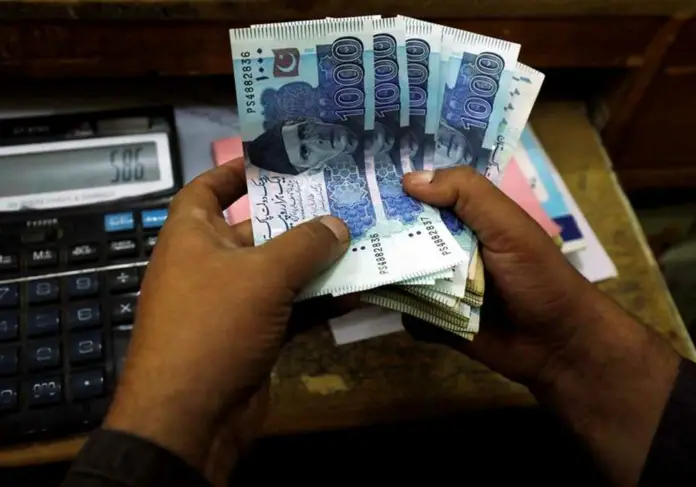The cost to safeguard the sovereign debt of Pakistan from default has reached a 13-year high at 52.8 percent due to the rating downgrades and worries about debt restructuring among international investors over its ability to meet bond payments.
Five-year credit default swap (CDS) rose 3,071 basis points day-on-day to 52.8%, data released by Arif Habib has shown.
The factors mentioned responsible for the surge in CDS and bond yields include a balance of payments issue due to the State Bank of Pakistan’s reserves falling to a value that is not enough to cover a month’s imports, Pakistan’s rating downgrades by Moody’s and Fitch, globally rising interest rates, weakening rupee, geopolitical turbulence and supply chain disruptions pushing commodity prices higher.
The yield on the five-year Pakistan International Sukuk Company Limited bond climbed to 139.74% by 75 basis points.
The yield on a 10-year Eurobond maturing on April 15, 2024 has increased to 92.93% from 89.58%. A 10-year Eurobond’s yield, which is due on September 30, 2025, went up to 59.07% from 57.63%.
However, analysts have said that the market will gain confidence if Pakistan repays the maturity amounts smoothly. Chinese and Saudi rollovers could be helpful in improvement, according to analysts.
42% of Pakistan’s debt has been owed to multilateral sources while 40% to bilateral creditors, 7% to the global bond market, and 7% to commercial banks.







